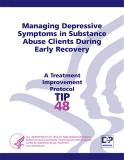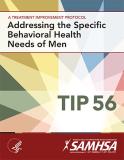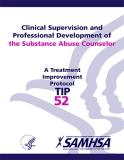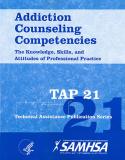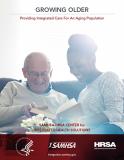
This report for clinicians explains approaches to providing integrated care to older adults living with substance use disorder and mental illness. It highlights the importance of assessing patients for cognitive deficits and adapting behavioral interventions to help improve treatment outcomes.
Units per Product
Download
Growing Older: Providing Integrated Care for An Aging Population
File Type: PDF
File Size: 1.77 MB


